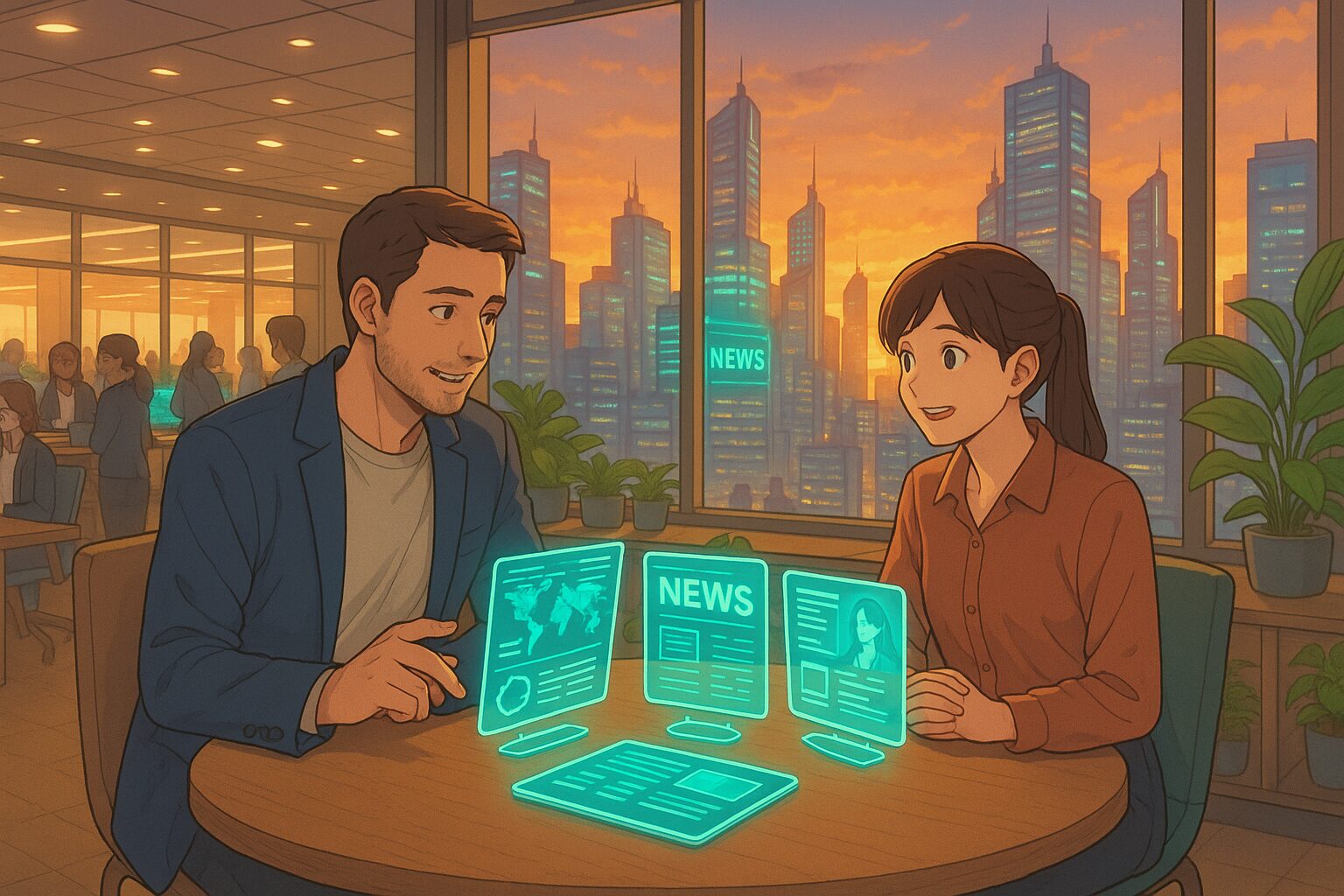How Will Future Transportation Change Our Lives?
The theme “Co-Create. Co-Define” presented at the 2025 Chery International User Summit foreshadows the shape of our future mobility. If this trend continues, how will our transportation methods change?
1. Today’s News
Source:
https://menafn.com/1110245717/A-Global-Stage-Infinite-Echoes-2025-Chery-International-User-Summit-Co-Creates-A-Sustainable-Future
Summary:
- The Chery International User Summit was held as a space to co-create future mobility.
- The theme “Co-Create. Co-Define” emphasized a commitment to a sustainable future.
- Global cooperation was highlighted, showcasing new possibilities for transportation.
2. Considering the Background
Transportation, essential to our lives, is greatly influenced by environmental issues and technological innovations. Urban traffic congestion and increasing CO2 emissions are heightening the need for sustainable transportation methods. In this landscape, global cooperation and the introduction of new technologies will be key in shaping the future of mobility. This background underscores the need to think about future transportation now.
3. What Will the Future Hold?
Hypothesis 1 (Neutral): A Future Where Diversification of Transportation Becomes the Norm
As new technologies proliferate, electric and autonomous vehicles will become commonplace. This could make urban traffic more efficient and reduce travel time. However, the abundance of diverse choices may increase the difficulty in deciding which mode of transportation to choose. The shift in values may lead to transportation choices becoming a part of self-expression.
Hypothesis 2 (Optimistic): A Future with Significantly Reduced Environmental Impact
Sustainable technologies will evolve, and public transportation and personal mobility will suddenly become eco-friendly. Improvements in urban environments and health impacts are also promising, leading to an enhanced quality of life. We may increasingly prioritize environmental considerations when choosing transportation, making eco-friendly options mainstream.
Hypothesis 3 (Pessimistic): A Future Where Traditional Transportation Culture is Lost
With technological advancements, traditional cars and motorcycles may decrease, leading to a gradual disappearance of past transportation culture. As a result, the enjoyment and adventure associated with travel may diminish, shifting priorities toward efficiency and environmental concerns. Our values related to mobility may evolve to focus on convenience and efficiency.
4. Tips for Us
Thinking Tips
- Have a perspective that sustainable choices shape our future.
- Reevaluate everyday transportation methods, being mindful of eco-friendly options.
Small Practice Tips
- Incorporate walking or cycling into your daily commute.
- Choose environmentally friendly products and share those values with friends and family.
5. What Will You Do?
- Will you actively adopt new transportation methods?
- Will you be mindful of the environmental impact of your travel?
- Do you wish to preserve traditional transportation culture?
What kind of future do you envision? Please share your thoughts in comments or on social media.









